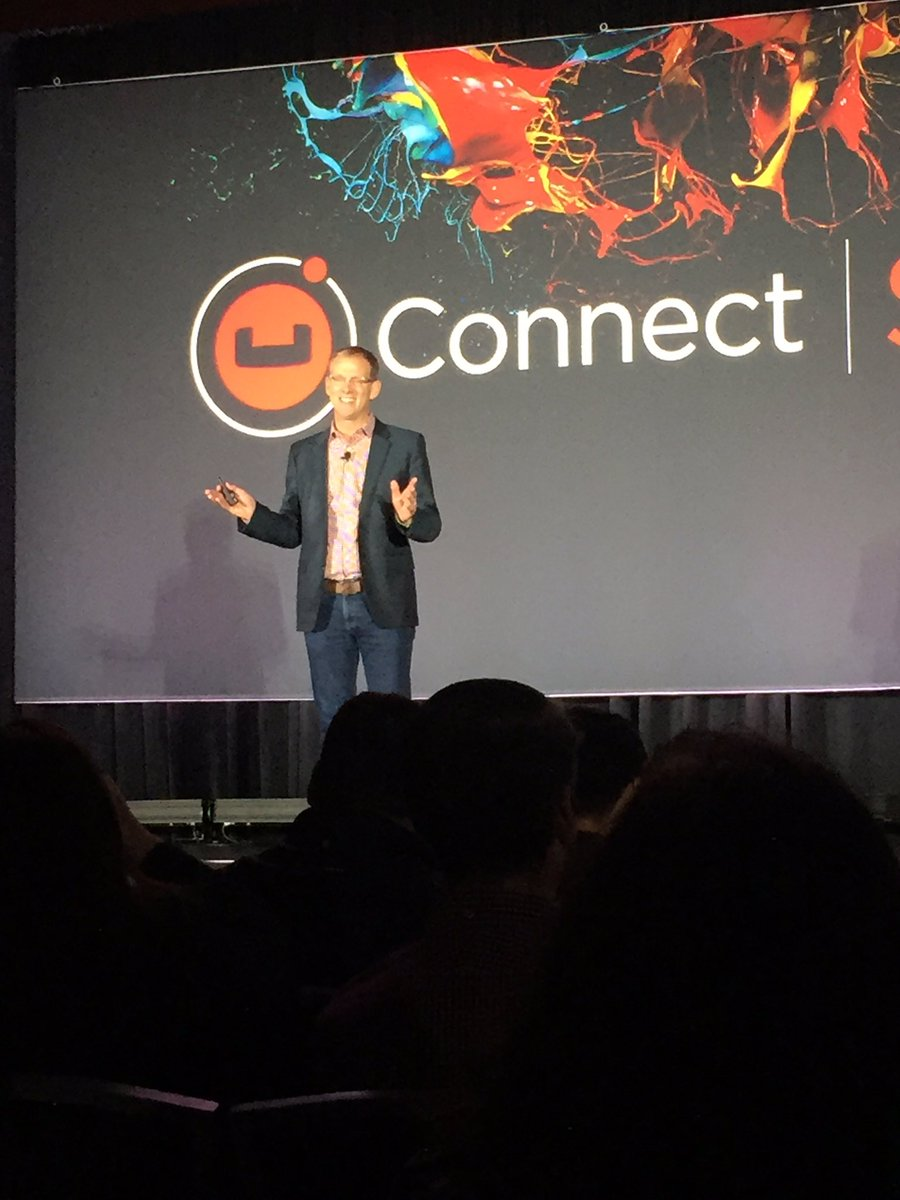
Couchbase’s Engaging Plan for Customer Victory

At its annual user conference last week, Couchbase had the requisite major product launch (Couchbase Server 5.0), customer name-dropping (United Airlines, Pokemon Go, Marriott Hotels), and high-profile guest (Don Chamberlin, co-creator of SQL). But what resonated most was its apt description of how technical requirements for business success are changing right before our eyes.
In a way, the changes boil down to a simple ratio: 1,000 to one. That’s the number of times the travel website Amadeus services a query from its Couchbase NoSQL database for every transaction logged in its transactional database. It’s called the “look to book” ratio for clients like Amadeus who are in the travel industry, or the “browse to buy” ratio for clients in e-commerce, but there are similar metrics in other industries.
“The reality is each of us now spends far more time interacting with an app before we make a final decision, whether that’s to purchase something or watching something,” says Peter Finter, chief marketing officer for the Mountain View, California company, during a keynote last week at Couchbase Connect SV held at the San Jose Convention Center.
“In fact,” he continues, “the ratio between interaction and transactions now exceeds 1,000 to one. What that mean is your transactional database is serving now less than 1% of the data that matters to your business, because it’s in the interactions that your customer are making choices about whether to pursue the experience or whether to find somebody else to deliver that service or product instead.”

Couchbase CMO Peter Finter speaking last week
It’s not hard to find examples of these interactions, as opposed to transactions. “If you’re clicking on a like, liking a tweet, starting a game, entering a search term, completing a form, hovering on a Web button, starting a video, changing its volume, having a conversation with a chat bot, shooting a virtual alien, or adding items in an online shopping cart, those are all interactions that ultimately lead to the transaction,” Finter continues. “And that explosive growth in interactions is creating pressure that we see on our existing data infrastructure.”
Companies may try to shoehorn those customer engagement activities into relational databases, but the results are often not pretty. In fact, Couchbase recently commissioned the IT analyst group IDC to study the state of customer engagement and digital transformation activities at companies around the world.
“The results are fascinating,” Couchbase CEO Matt Cain told the audience during his keyote. “Ninety percent of them told us their digital initiatives are failing, not working at all, or only delivering marginal improvement. Eighty-four percent of those pointed at legacy databases as a reason they can’t create the various experiences that their in pursuit of.”
Obviously, this is the market opportunity that Couchbase hopes to exploit in the coming years. The opportunity is vast, according to Cain: $2.2 trillion will be spent over the coming years on digital transformation strategies. What’s up for grabs, according to Cain, are three-quarters of the spots in the S&P500 that will turn over in the next 10 years, exceeding the 52 percent turnover in the bellwether index over the past 15 years.
“Which means that 75% of the largest companies in the world 10 years from now are companies that we don’t know about, haven’t been started,” Cain says. “They’re all sitting in coffee shops and garages thinking about how to create disruption.”
The opportunity is almost as big for Couchbase as it is for its prospective customers. For all the mindshare that NoSQL databases like Couchbase, MongoDB, Apache Cassandra, Aerospike, MemcacheDB, and Marklogic (among others) have captured over the past five to 10 years, the revenue they pull is just a small fraction of what relational databases like Oracle, SQL Server, MySQL, PostgreSQL, and DB2 still command.
 When will that change? Nobody really knows. But Cain and his fellow NoSQL database CEOs are betting that it will grow, and in a substantial way. It’s hard not to look at today’s digital world and not see evidence of what Cain and Finter are talking about. The level of interaction we’re having with Web and mobile apps is on a steep increase.
When will that change? Nobody really knows. But Cain and his fellow NoSQL database CEOs are betting that it will grow, and in a substantial way. It’s hard not to look at today’s digital world and not see evidence of what Cain and Finter are talking about. The level of interaction we’re having with Web and mobile apps is on a steep increase.
As consumers, we don’t think about – or care, frankly – what technology makes this stuff run behind the scenes, or how our queries are structured. We just want the apps to work. And they do work magnificently well for the big Web properties. But when we step away from our Netflix, Uber, and Airbnb apps, there tends to be a steep drop-off in funcinoality, reliability, and overall happiness. That’s the market Cain and his fellow NoSQL CEOs are itching to serve.
“So when I go around talking to customers around the world, what do they tell me?” Cain tells his audience in San Jose. “You need a different approach. A completely new data model, new points of optimization for platform that are supporting the applications that your trying to build. And to create this new approach, and customer endgame, you’ve got to have a new solution. That’s what we’ve built: The world’s first engagement database.”
Couchbase is banking on this term, the customer engagement, to differentiate it from similar offerings from its primary competitors, MongoDB and DataStax. MongoDB’s claim to fame is that it’s the preferred, easy-to-use database for developers, while DataStax is staking a claim on massive scalability for the biggest data serving challenges.
The company makes a compelling argument for why companies may need an engagement database, as opposed to a customer experience database. “Engagement comes about through the succession of positive experiences,” Finter says. “It’s not about the moment. It’s about the many moments. The reality is every single touchpoint contributes to the overall experience with a given organization or a given brand. It’s critically important that there’s consistency in the way those experiences are delivered over time. That’s why we talk about customer engagement, not experience.”
Related Items:
What SQL’s Co-Creator Sees in NoSQL
New CEO, Same Strategy for Couchbase
Amadeus Travel Goes Up Tempo with CouchbaseDB (EnterpriseTech)






























